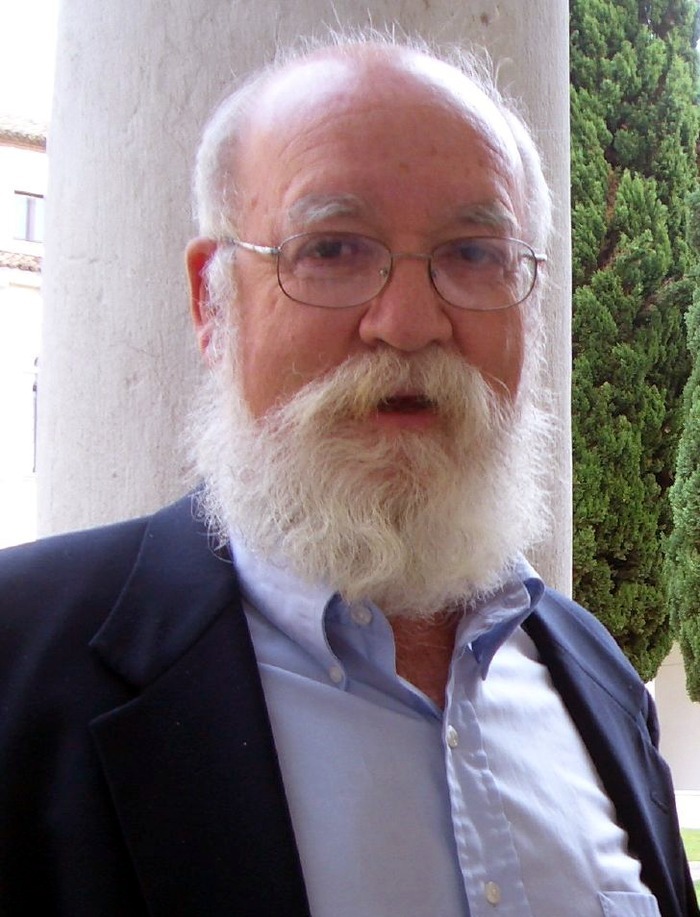
"How unfair for one man to be blessed with such a torrent of stimulating thoughts. Stimulating is an understatement." —Richard DawkinsA memoir by one of the greatest minds of our age, preeminent philosopher and cognitive scientist Daniel C. Dennett. Daniel C. Dennett, preeminent philosopher and cognitive scientist, has spent his career considering the thorniest, most fundamental mysteries of the mind. Do we have free will? What is consciousness and how did it come about? What distinguishes human minds from the minds of animals? Dennett’s answers have profoundly shaped our age of philosophical thought. In I’ve Been Thinking, he reflects on his amazing career and lifelong scientific fascinations. Dennett’s relentless curiosity has taken him from a childhood in Beirut and the classrooms of Harvard, Oxford, and Tufts, to “Cognitive Cruises” on sailboats and the fields and orchards of Maine, and to laboratories and think tanks around the world. Along the way, I’ve Been Thinking provides a master class in the dominant themes of twentieth-century philosophy and cognitive science—including language, evolution, logic, religion, and AI—and reveals both the mistakes and breakthroughs that shaped Dennett’s theories. Key to this journey are Dennett’s interlocutors—Douglas Hofstadter, Marvin Minsky, Willard Van Orman Quine, Gilbert Ryle, Richard Rorty, Thomas Nagel, John Searle, Gerald Edelman, Stephen Jay Gould, Jerry Fodor, Rodney Brooks, and more—whose ideas, even when he disagreed with them, helped to form his convictions about the mind and consciousness. Studded with photographs and told with characteristic warmth, I’ve Been Thinking also instills the value of life beyond the university, one enriched by sculpture, music, farming, and deep connection to family. Dennett compels us to What do I really think? And what if I’m wrong? This memoir by one of the greatest minds of our time will speak to anyone who seeks to balance a life of the mind with adventure and creativity.
Author

Daniel Clement Dennett III is a prominent philosopher whose research centers on philosophy of mind, science, and biology, particularly as they relate to evolutionary biology and cognitive science. He is the co-director of the Center for Cognitive Studies and the Austin B. Fletcher Professor of Philosophy at Tufts University. Dennett is a noted atheist, avid sailor, and advocate of the Brights movement. Dennett received his B.A. in philosophy from Harvard University in 1963, where he was a student of W.V.O. Quine. In 1965, he received his D.Phil. from Christ Church, Oxford, where he studied under the ordinary language philosopher Gilbert Ryle. Dennett gave the John Locke lectures at the University of Oxford in 1983, the Gavin David Young Lectures at Adelaide, Australia, in 1985, and the Tanner Lecture at Michigan in 1986, among many others. In 2001 he was awarded the Jean Nicod Prize, giving the Jean Nicod Lectures in Paris. He has received two Guggenheim Fellowships, a Fulbright Fellowship, and a Fellowship at the Center for Advanced Studies in Behavioral Science. He was elected to the American Academy of Arts and Sciences in 1987. He was the co-founder (1985) and co-director of the Curricular Software Studio at Tufts University, and has helped to design museum exhibits on computers for the Smithsonian Institution, the Museum of Science in Boston, and the Computer Museum in Boston. He is a Humanist Laureate of the International Academy of Humanism and a Fellow of the Committee for Skeptical Inquiry.